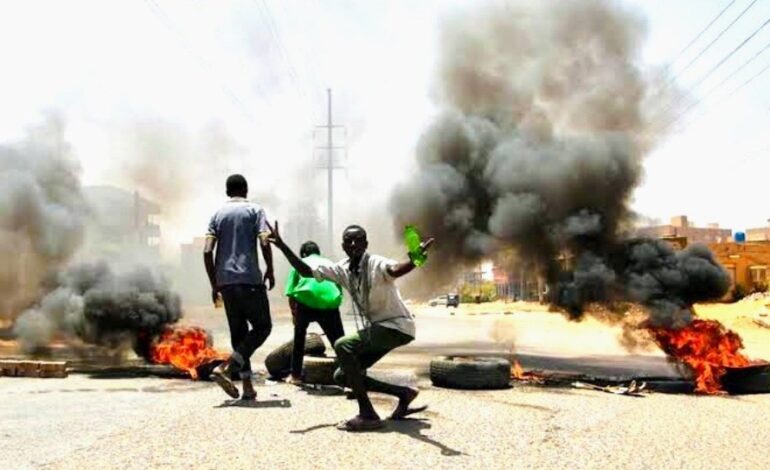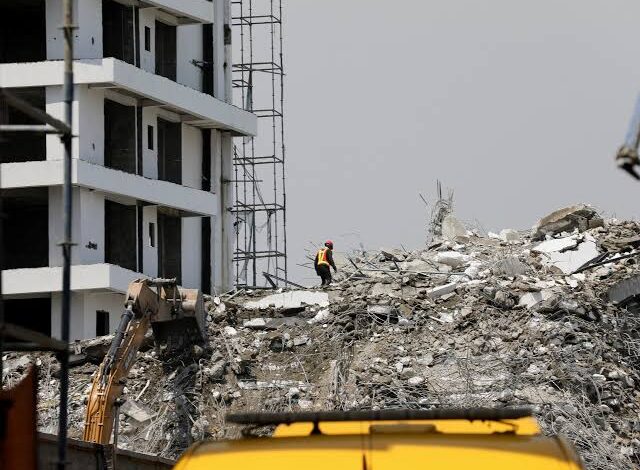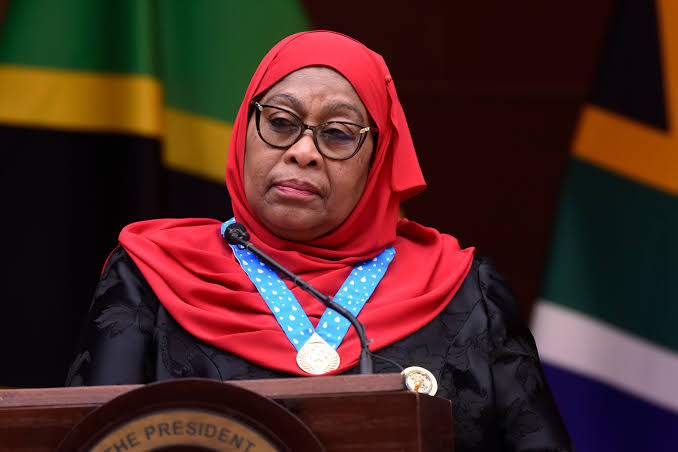
Faith Nyasuguta
Tanzania is set to be the third fastest growing economy in Africa for this year.
At 5.6 percent growth, the East African nation will trail Cote d’Ivoire and Rwanda, according to a United Nations report.
Cote d’Ivoire, the globe’s largest producer of cocoa (30 percent), will register a 6.5 percent growth for this year, projections indicated.
Successful technology-driven transformation and recent foreign direct investments will lead to a 7.8 percent GDP growth for Rwanda in 2023.
Uganda and the mineral-rich DR Congo, East African Community (EAC) partner states, would register a modest growth during 2023.
“Tanzania’s economy is expected to increase by 5.6 percent this year,” said the report focusing on the 30 African biggest economies.
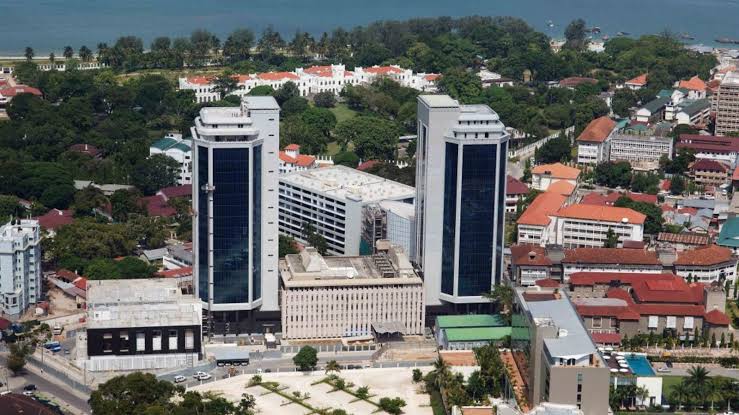
Currently, the World Bank has ranked Tanzania the 10th richest country in Africa by overall gross domestic product (GDP) based on the current exchange rate.
The country trails Cote d’Ivoire, Ghana, Kenya, Ethiopia, Morocco and Algeria in succession.
Nigeria is currently the Africa’s largest economy followed by South Africa and Egypt.
However, Tanzania is not among the 10 top economies in the continent by overall GDP based on purchasing power parity (PPP).
Although Tanzania alongside Cote d’Ivoire and Rwanda will ride high in growth, the situation will be slightly different for the continent.
According to the UN, Africa’s economic growth is expected to be impacted negatively by several factors in 2023.
The growth is projected to fall from 4.1 percent registered last year (2022) to 3.8 percent this year (2023).
Exports will continue to fall while elsewhere investors remain reluctant to take a risk with their money.
While growth in 2023 is expected to increase for West Africa, it is expected to remain stable in East and Central Africa.
North and Southern Africa which have the largest economies in the continent will see a fall in growth.
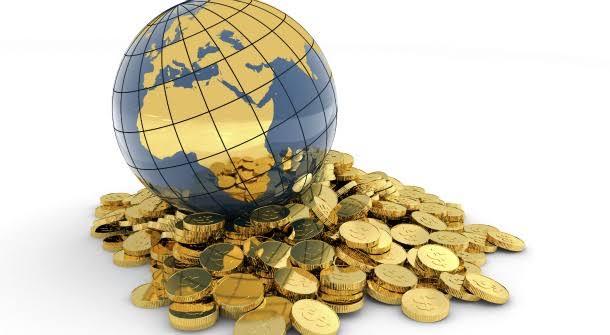
These have been attributed to a major rise in global inflation, higher borrowing costs as well as the impact of climate change.
Positive growth for the African economies during the period means the biggest companies will have to perform well.
Despite the security challenges in its eastern part, DR Congo will also register one of the fastest growths in the continent during 2023 due to increased mining.
“While there are several risks to the country’s economic growth rate, the positives are set to far outweigh the negatives,” said the report seen by The Citizen.
For Uganda whose total GDP in 2021 was $40.5 billion, the economic outlook will remain challenging.
However, the EAC member country will register a modest economic growth for 2023 based on the projections.
Kenya, despite being among the seven strongest economies in the continent, will have an uncertain economic outlook.
This, the report says, has forced several company CEOs looking to cut spending in a bid to counter the growing economic issues.
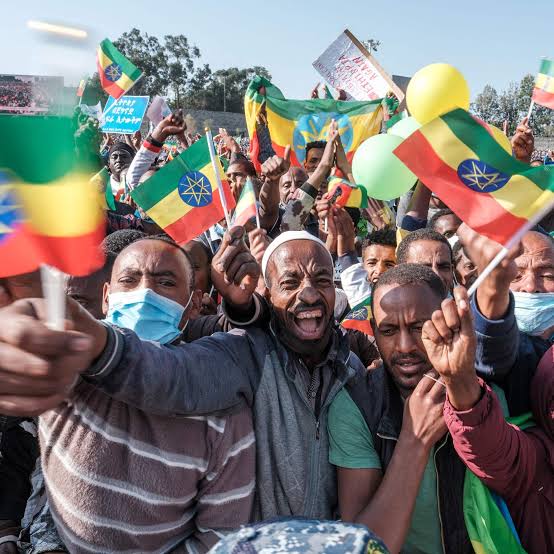
Ethiopia, whose high flying growth was impacted by the conflict in Tigray province, will bank its hopes for recovery to a recent ceasefire.
The war ended in November last year after a ceasefire was agreed “which should result in a boost to the country’s economy in 2023”.
South Africa, considered the most advanced economy in Africa with a whopping 25 percent GDP increase in 2021, has been courting a serious crisis.
One of the biggest challenges currently facing South Africa is the lack of stability in electricity supply, “with rolling blackouts affecting both residents and industries”.
Morocco, the economic giant of the Maghreb region, was recently commended by the International Monetary Fund (IMF) for its economic success.
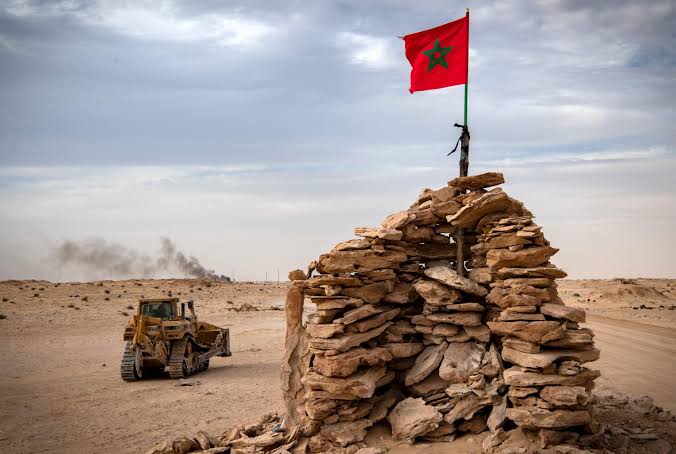
Neither drought, war nor inflation are expected to impact its growth rate of 3 percent as estimated by the Bretton Woods institution.


